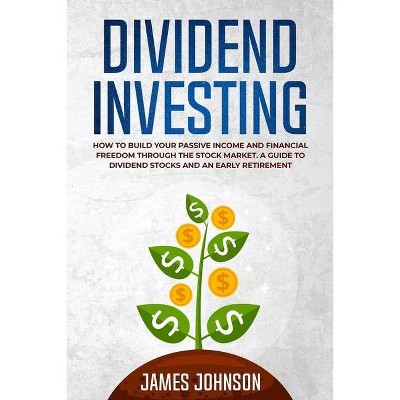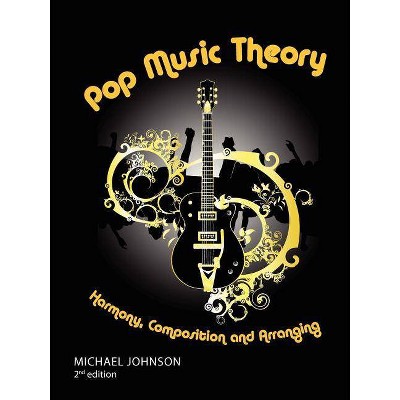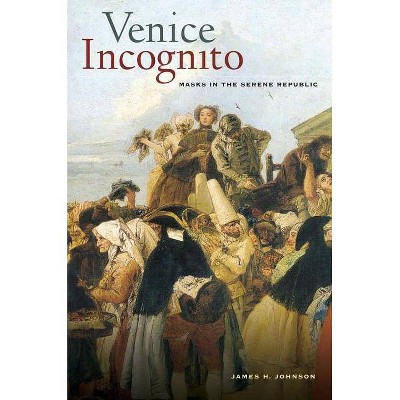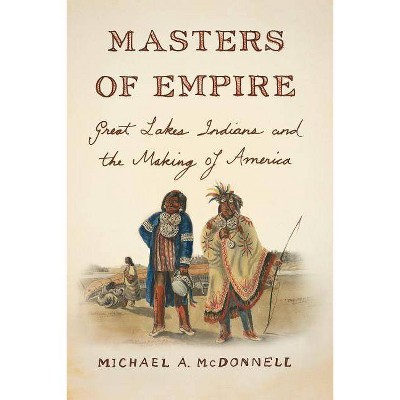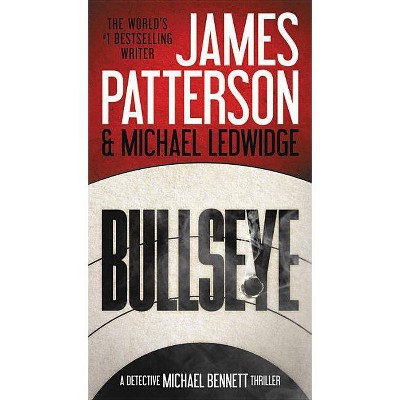Black Masters - by Michael P Johnson & James L Roark (Paperback)
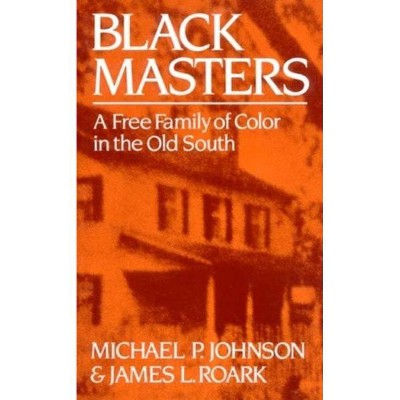
Similar Products
Products of same category from the store
AllProduct info
<p/><br></br><p><b> About the Book </b></p></br></br>A remarkably fine work of creative scholarship. --C. Vann Woodward, <em>New York Review of Books</em><p/><br></br><p><b> Book Synopsis </b></p></br></br>In 1860, when four million African Americans were enslaved, a quarter-million others, including William Ellison, were free people of color. But Ellison was remarkable. Born a slave, his experience spans the history of the South from George Washington and Thomas Jefferson to Robert E. Lee and Jefferson Davis. In a day when most Americans, black and white, worked the soil, barely scraping together a living, Ellison was a cotton-gin maker--a master craftsman. When nearly all free blacks were destitute, Ellison was wealthy and well-established. He owned a large plantation and more slaves than all but the richest white planters.<br /><br /> While Ellison was exceptional in many respects, the story of his life sheds light on the collective experience of African Americans in the antebellum South to whom he remained bound by race. His family history emphasizes the fine line separating freedom from slavery.<p/><br></br><p><b> From the Back Cover </b></p></br></br>In 1860, when four million Afro-Americans were enslaved, a quarter-million others, including William Ellison, were 'free people of color.' But Ellison was remarkable. Born a slave, his experience spans the history of the South from George Washington and Thomas Jefferson to Robert E. Lee and Jefferson Davis. In a day when most Americans, black and white, worked the soil, barely scraping by, Ellison was a cotton-gin maker -- a master craftsman. When nearly all free blacks were destitute, Ellison was wealthy and well-established. He owned a large plantation and more slaves than all but the richest white planters.While Ellison was exceptional in many respects, the story of his life sheds light on the collective experience of Afro-Americans in the antebellum South to whom he remained bound by race. His family history emphasizes the fine line separating freedom from slavery.<p/><br></br><p><b> Review Quotes </b></p></br></br><br>Never before have I found the experience of the free slaveholding caste of antebellum Negroes brought to live in such vibrant detail. To be able to detect what Henry James called the 'density of felt experience' behind the enigmatic details of the letters is indeed a scholarly achievement of a high order and, I think, a contribution to all who would grasp the complexity of our American past.--Ralph Ellison<br>
Price History
Price Archive shows prices from various stores, lets you see history and find the cheapest. There is no actual sale on the website. For all support, inquiry and suggestion messages communication@pricearchive.us

